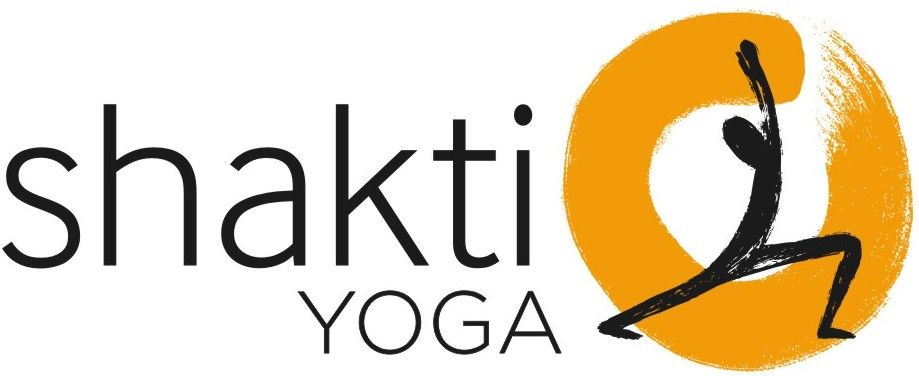Yin Yoga Teacher Training
40 Hour SHAKTI YIN YOGA INSTRUCTOR TRAINING
-
NEXT TRAINING DATES:
February 8/9 , 15/16, 2025. Two weekends Sat/Sun, 9-5pm.
Space is limited. Register below to be added to class list.
-
LOCATION:
St. John’s NL, In-person at 10 Clancy Drive, Quidi Vidi Boathouse. Live stream option also available.
-
INVESTMENT:
$600+hst ($690) CAD. $200 deposit required upon registration
-
INCLUDES:
4 days of lecture, comprehensive yin yoga instruction manual, ongoing mentorship with instructor. Counts as 40 Yoga Alliance CEUs.
-
REGISTRATION:
Space is limited so register now to reserve yours.
HOST A TEACHER TRAINING:
Shakti Yoga teacher trainings and workshops are taught in various locations within Canada, and internationally. Host this workshop in your area and save the cost of travelling to learn. Contact Bobby@ShaktiYogaMethod.com to discuss specific details on hosting this or other workshops and trainings.
Who’s This Program For?
-
Healthcare professionals who would like to add the meditative practice of yin yoga to their services.
-
Anyone looking to deepen their knowledge of this beautiful style of yoga that puts emphasis on respecting body variation.
-
Teachers of yoga who want to deepen their understanding of Yin Yoga. A style that fills gaps left by the yang yoga predominance of the modern practice. The first modern style of yoga to recognize body variation needs. Counts for 40 Yoga Alliance CEUs.
About The Program
Yin yoga is a modern-day perspective on the ancient asana teachings of India, infused with the timeless wisdom of Taoist and meridian philosophy. This blend of modern and ancient teachings will change the way you practice and teach yoga forever.
-
Comprehensive Manual
-
Learn why yin yoga is a necessary balance to the widespread predominance of yang yoga.
-
Explore the role of fascia in physical asana and energetic theory.
-
Investigate the role of bone variation and pose modification to ensure your students are safe in your yoga classes.
-
Dive deep into the anatomy of pose expression.
-
Traverse the teaching of the Tao and the insights they hold for deepening the practice of yoga.
-
Using props and modifications to ensure comfort for all bodies while holding poses.
-
Modern Meridian Theory and yin yoga energetic body considerations.
-
Sequences for Yin Yoga classes & how to create your own
-
Practical teaching and assisting experience
-
Ongoing mentoring support
-
Language analysis for yin yoga cues to direct nervous system activation. Understand how language changes the experience of a pose.
-
Incorporating Yin Yoga into other types of yoga classes
Program Requirements
Pre-Requisites
No previous yoga experience is required to benefit from this program. Variations make this style of yoga accessible to everyone who would like to learn this practice for personal development. CEUs for Yoga Teacher Specialization hours require RYT 200 status. Contact Bobby@ShaktiYogaMethod.com for clarification.
Certification
Graduates will receive a certificate showing they have successfully completed the Shakti Yoga Method 40-hour Yin Yoga Teacher Training. Approved for 40 Yoga Alliance CEUs.
Certification Requirements include:
-
Attend 4 days of lecture.
-
Read the Tao Te Ching by Lao Tzu, any translation.
-
Submit yin yoga class plan, peer observation forms, and schedule one peer class exchange to be scheduled at own convience via Zoom.





 This epic tells the story of Lord Rama’s exile from his country, the fantastic adventure and challenges that ensue, and finally his return home. For yoga students in the West the best-known portion of this story is probably when Hanuman (the monkey god) leaps from India to Sri Lanka to retrieve Rama’s kidnapped wife, Sita.
This epic tells the story of Lord Rama’s exile from his country, the fantastic adventure and challenges that ensue, and finally his return home. For yoga students in the West the best-known portion of this story is probably when Hanuman (the monkey god) leaps from India to Sri Lanka to retrieve Rama’s kidnapped wife, Sita. These teachings are not meant to be studied in isolation, or even from a book for that matter.
These teachings are not meant to be studied in isolation, or even from a book for that matter.